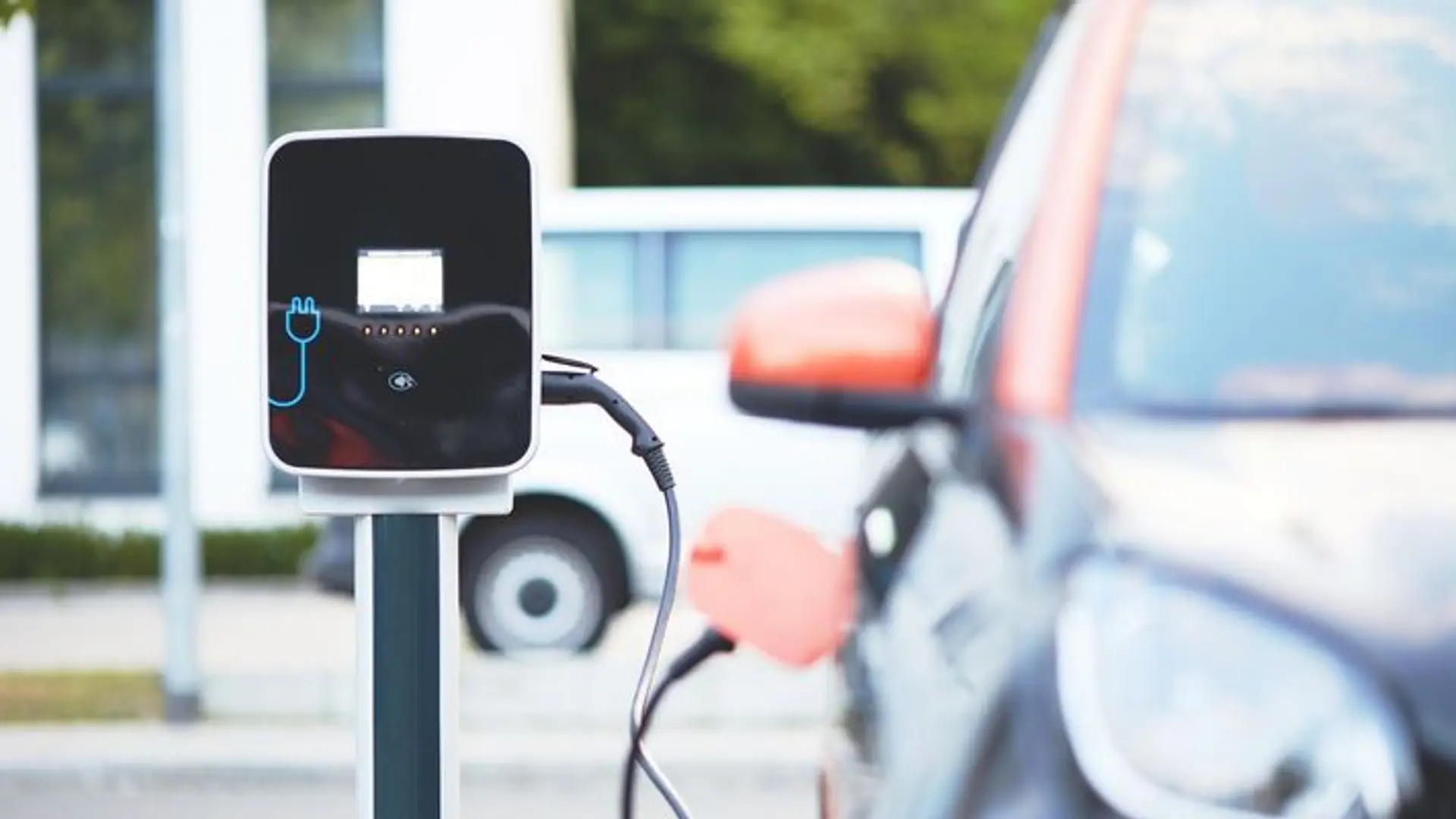Say Goodbye to Spam SMS: India's 2023 Consent Law
Explore India's 2023 SMS consent law, empowering users to control which companies can send promotional messages and calls
In recent times, the influx of unsolicited promotional messages and calls from various companies has become a significant source of annoyance for many individuals. Recognising the need to address this issue, the Telecom Regulatory Authority of India (TRAI) has taken a commendable step forward with the implementation of the Digital Consent Acquisition (DCA) system under the Telecom Commercial Communications Customer Preference Regulations, 2018 (TCCCPR-2018). This initiative aims to empower consumers by ensuring that they receive commercial messages only from entities they have explicitly consented to.
Under the new system, companies, including banks, insurance firms, and other financial institutions, must obtain your direct permission before sending any promotional SMS or making marketing calls. This process is a part of TRAI's efforts to curb the nuisance of spam and Unsolicited Commercial Communications (UCC).
Previously, the responsibility of obtaining consent lay with the companies, and telecom service providers had no means to verify the legitimacy of these consents. However, with the introduction of DCA, there is now a unified platform for both obtaining and revoking customer consent. This consent data will be managed on a Distributed Ledger Technology (DLT) platform, enhancing the transparency and integrity of the process.
When a company wishes to send you a promotional message, they will use a common short code, "127xxx", to send a clear and concise consent request. This message will include necessary details such as the company's name and the scope of the consent. Notably, only approved URLs, links, and numbers will be used in these messages to ensure security and authenticity. Additionally, telecom providers are developing SMS and online facilities that allow you to express your preference not to receive any promotional messages.
It's important to highlight that all previous consents obtained through other means will become invalid with the implementation of DCA. Companies are required to seek fresh consents digitally, ensuring that your preferences are current and accurately recorded.
As a consumer, this gives you greater control over the type of communications you receive. You can easily check and modify your preferences for receiving promotional messages through your telecom service provider's app. This move not only enhances customer experience but also plays a crucial role in reducing fraud and spam, contributing to a safer and more secure communication environment.
The DCA initiative is a significant step towards respecting consumer privacy and choice, setting a new standard for how commercial communications are managed and consented to in the digital age.








